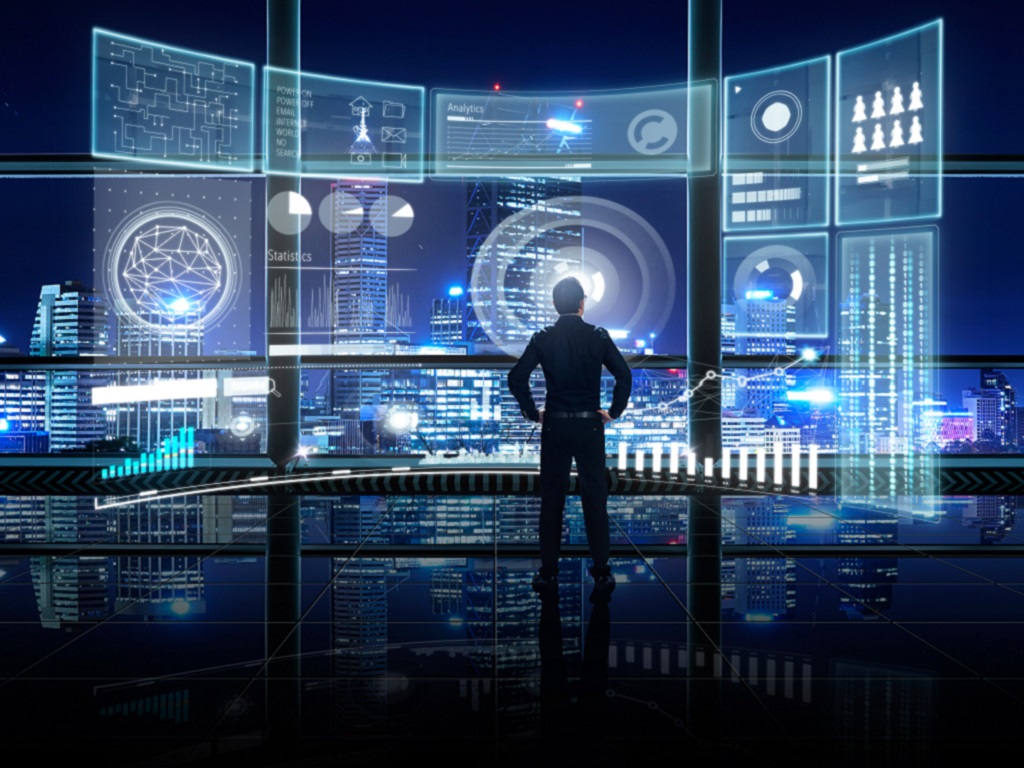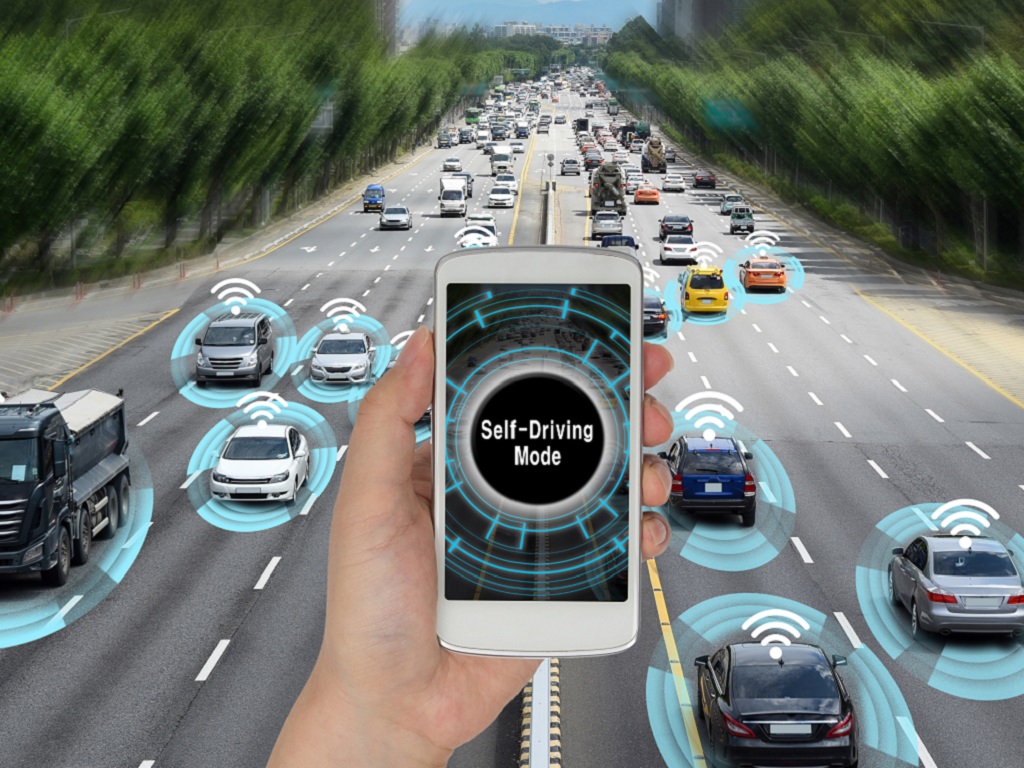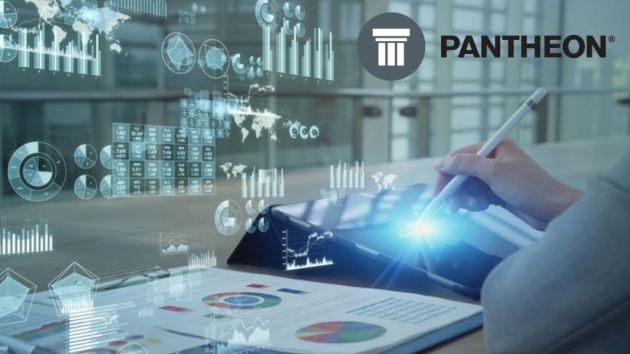Artificial Intelligence – Use Cases Across Different Sectors
Source: eKapija
 Sunday, 26.11.2023.
Sunday, 26.11.2023.
 22:37
22:37
 Sunday, 26.11.2023.
Sunday, 26.11.2023.
 22:37
22:37
(Photo: jamesteohart/shutterstock.com)

This on-going discussion and research became instantly hyped with the release of ChatGPT to the public, which generally had little exposure to AI’s capabilities and how to use them ethically. As a result, it is time for the actors (with good intentions) in this discussion to (1) assess the use of AI by the public, (2) regulate the use of AI – but not overregulate, which stifles innovation, and (3) start producing positive and productive solutions which will serve as examples to demonstrate the value of AI to citizens.
Since AI includes a broad range of categories and disciplines, let us examine how Generative AI (GAI) can be used by the public sector to productive solutions that improve the lives of everyday citizens.
First, we need to define GAI, which are algorithms (such as ChatGPT) that can be used to create new content, including audio, code, images, text, simulations, and videos. Per this definition, GAI can support a broad spectrum of sectors and services. Here are a few examples.
1. Public Sector Services: It has always been my belief that AI development and deployment
should be led by government and should be used to improve the efficiency of its citizen-focused
services. This is because governments have access to large quantities of data (required to train
AI algorithms) and have the resources to spend on developing prototypes which can benefit
large segments of the population.
Taking this into consideration, the use of GAI can become a focal point for the public sector, as it opens the door to a vast amount of use cases which can be used externally by citizens and/or internally by streamlining administrative processes.
For example, a initial use case may be development of a self-service intelligent robot or chatbot
deployed onto a highly visited webpage, and which is securely connected to systems containing
the data needed to provide citizens within pre-defined services (all siting on the government’s
proprietary infrastructure to minimize risk). These services include providing customized/personalized answers to citizen inquiries by voice or text, defining all of the Government services they qualify for and pointing them to where they can apply, obtaining simple summaries of laws pertaining to them or their businesses, pre-filling and submitting documents, sending reminders to citizens of important deadlines or renewal dates, checking case status, validating data and flagging inconsistencies (which can also help the Government refine data for consistency).
2. Cybersecurity: Unfortunately, GAI benefits cybersecurity teams working to protect public sector
systems and data and those who want to use it for malicious reasons. The “good guys” can use GAI to support real-time anomaly detection, smart authentication, help with automated incident response, generate complex unique passwords or encryption keys, and enhance the value of existing cybersecurity tools.
Illustration (Photo: Pixabay / geralt)

Simply, GAI enables enterprises to take steps towards a proactive approach to cybersecurity – which is critical in today’s environment where cyber hackers are becoming more and more sophisticated by, for example, using AI to create malware that adapts to avoid detection or developing highly personalized phishing scams (“deep fakes”).
3. Decarbonization: The combination of GAI or ML and cloud computing is important for decarbonization within industry and nationally overall. This is because decisions regarding decarbonization efforts are made by timely analysis of large quantities data, which is otherwise humanly impossible.
Examples of use cases include energy demand forecasting and responsive management; semi-automating carbon-footprint calculation; monitoring emissions in real time and generating recommendations (including what-if scenarios and even net-zero pathways); automatically optimizing energy generation, distribution, and consumption across buildings as demand requires. This can all lead to more efficient use of energy resources and reduced carbon emissions.
4. Transportation: The transport sector is one of the largest contributors to climate change and is
responsible for a large amount of greenhouse gas emissions. GAI can help decarbonize the sector by analyzing traffic data and fuel consumption to enable more accurate route planning, traffic management, and fleet optimization.
In terms of sustainable transportation, GAI can enable EV charging infrastructure development and long-term reliability.
For example:
- Real-time and historical data analysis, paired with predictive software, to create working plans for meeting daily demand and optimizing performance.
- Analysis of patterns in usage data to predict when an EV's battery will run low and where
the vehicle might be at that time. This helps in planning efficient routes to charging stations and reducing the risk of running out of power.
- Analysis of map data on traffic patterns, congestion, population density and
current charging station locations to suggest optimal places for setting up new EV charging
stations, ensuring better coverage and convenience for EV owners.
Illustration (Photo: Ju Jae-young/shutterstock.com)

These are just a few examples of how GAI can be used to simplify our work and improve our overall
well-being. Please note that none of the above-mentioned use cases include replacing personnel with
GAI (which should not happen in any use case). Rather, the focus is to automate analysis of large data
amounts and redundant tasks so that personnel can focus on higher-level work corresponding to their
primary job function.
Data stands as one of the most strategic assets held by organizations, both private and public, and it is about time we start actively using it to gain valuable insights and produce truly lasting results.
Author: Branko Primetica, Cedars International d.o.o.

Click here to see the entire Special Edition Newsletter
"DIGITAL TRANSFORMATION - Smart, game-changing solutions"
read more
Tags:
artificial intelligence
ChatGPT
AI
generative AI
GAI
use of AI
artificial intelligence in the public sector
AI and the public sector
cyber security
decarbonization
sustainable transport
electric vehicle charging
data automation
special edition newsletter
digital transformation
smart game-changing solutions
Comments
Your comment
Most Important News
Full information is available only to commercial users-subscribers and it is necessary to log in.
Follow the news, tenders, grants, legal regulations and reports on our portal.
Registracija na eKapiji vam omogućava pristup potpunim informacijama i dnevnom biltenu
Naš dnevni ekonomski bilten će stizati na vašu mejl adresu krajem svakog radnog dana. Bilteni su personalizovani prema interesovanjima svakog korisnika zasebno,
uz konsultacije sa našim ekspertima.


 Izdanje Srbija
Izdanje Srbija Serbische Ausgabe
Serbische Ausgabe Izdanje BiH
Izdanje BiH Izdanje Crna Gora
Izdanje Crna Gora


 News
News














